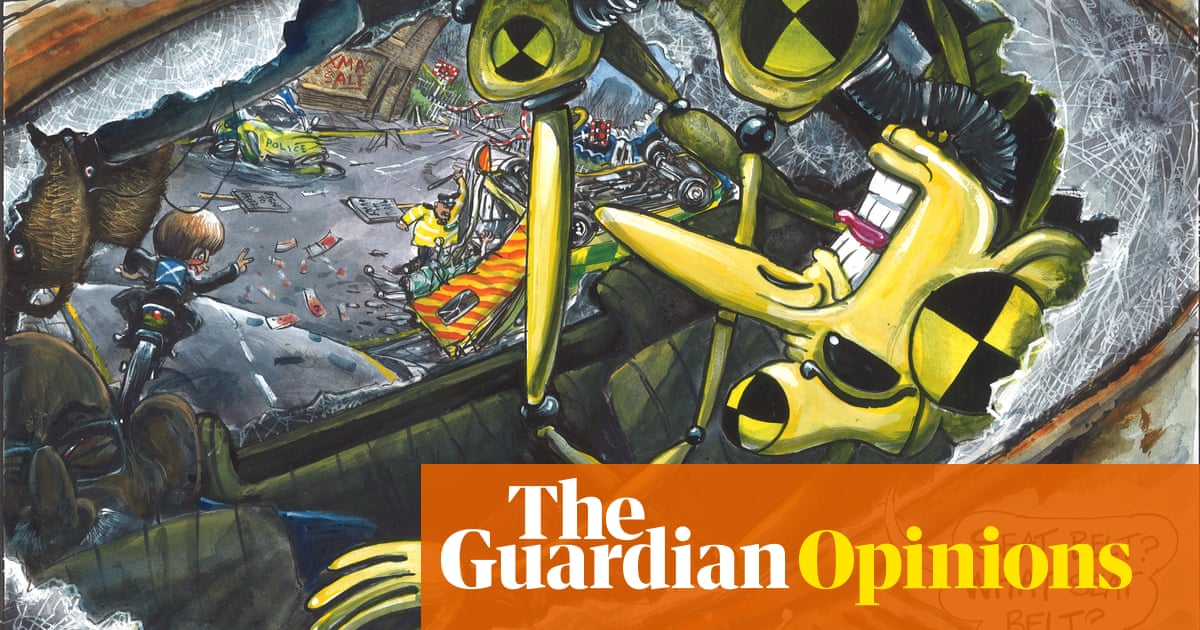
This spring’s political forecasts spelling rough weather for European diplomacy proved accurate. In early May, the months-long efforts by British, French and German officials to keep the US in the nuclear deal with Iran ended in resounding disappointment. With a deep transatlantic crisis in hand, European participants in the deal have now seen Tehran place full responsibility for its viability on them.
Since President Donald Trump’s announcement on May 8 that the US is not waiving sanctions on Iran, effectively abandoning the nuclear deal, key voices of leadership from Europe have pledged to go to great lengths to save it. But the choices for Brussels and European capitals are far from straightforward.
The demands from Washington make it virtually impossible for Europeans, whose approach lies in positive engagement with Iran, to devise a way forward that can bridge the gap with their American ally and be acceptable to Tehran. Iran’s recent list of demands also raises doubts about whether the E3 (Britain, France and Germany) will be able — and in some cases willing — to go as far as Tehran wants to save the nuclear deal.
In January, Trump issued an ultimatum to Washington’s European allies to come on board the pursuit of a “supplemental agreement.” The plan, according to the US administration, is to reach a broader agreement to address Iran’s regional policies, curb its development and testing of ballistic missiles, strengthen the International Atomic Energy Agency’s inspection powers, and focus on what happens after the deal’s “sunset clauses” expire.
The US administration may have raised some valid concerns that had largely been ignored by the other signatories of the deal. But its approach has so far only achieved US isolation from all other parties to the deal. It may, however, be on the path toward killing the nuclear deal. The presence of figures, such as John Bolton in the administration, give credit to the view that that has been the intention all along.
Earlier this week, recently appointed Secretary of State Mike Pompeo reminded Iran and Washington’s European allies of the US position. In a speech at the Heritage Foundation think tank in the US capital, Pompeo said the US would not seek to renegotiate the deal.
Instead, it is only interested in a new deal that addresses Iran’s ballistic missile program, regional activities and domestic policies. Pompeo threatened Iran with the strongest sanctions in history should it fail to meet US demands, and also threatened European entities conducting business with it.
The Iranian list of demands for the European participants in the deal was delivered two days after Pompeo’s speech, by Supreme Leader Ali Khameini. If unmet, Tehran will walk away from the deal and resume “industrial-scale” uranium enrichment. Iran is asking the E3 to pledge to avoid opening negotiations over its ballistic missile program and regional policies, and to stand up against US sanctions.
Iran is also asking European banks to safeguard trade with it, and Europe to continue buying Iranian oil and even guarantee Iranian oil sales if they are affected by US sanctions. Khamenei also requested that European powers introduce a UN Security Council resolution condemning the US for violating Resolution 2231, which endorsed the nuclear deal.
So far, this has not deterred the Europeans. Last week, negotiations in Vienna between British, Chinese, French, German and Russian officials and Iran’s Deputy Foreign Minister Abbas Araqchi focused on ways to mitigate the impact of US sanctions.
It is difficult to picture a scenario where European countries will wage a commercial war with Washington over Tehran’s economic expectations.
Dr. Manuel Almeida
What Iran is looking for, Araqchi said, is “a package that can actually give Iran the benefits of sanctions-lifting,” including legal and political guarantees from the other participants in the deal. The bonus, from Tehran’s perspective, is Washington’s increasing isolation while Europeans side with China and Russia against the US on this matter.
The EU has already announced a few initiatives to meet Iranian expectations. These include establishing a series of mechanisms to supervise and protect the investments of European companies in Iran from US sanctions, as explained recently by EU foreign policy chief Federica Mogherini. Among these is the same legal procedure that European companies used to be able to invest in Cuba while the US embargo was in place.
Most big European companies, all dependent on the US market in various ways, will likely be uncomfortable with challenging American sanctions on Iran. Convincing them otherwise will be a tall order.
To put things in perspective, due to the threat of US sanctions, Russia’s Lukoil has announced that it has placed its Iran plans on hold; India’s Reliance Industries this week said it will cease importing Iranian oil; and China’s ZTE risks bankruptcy after the US Department of Commerce banned American firms from selling parts to the IT company, and imposed a hefty fine for violating sanctions against Iran (and North Korea).
There are larger considerations to be made. Due to European reluctance to increase defense spending, the US is still the primary guarantor of European defense via NATO. It is difficult to picture a scenario where European countries will wage a commercial war with Washington over Tehran’s economic expectations. Working relations with Trump’s administration may be beyond repair, but the strong transatlantic bonds will outlive his presidency.
• Dr. Manuel Almeida is a political analyst and consultant focusing on the Middle East. He is the former editor of the English online edition of Asharq Al-Awsat newspaper and holds a Ph.D. in International Relations from the London School of Economics and Political Science.
Twitter: @_ManuelAlmeida
Disclaimer: Views expressed by writers in this section are their own and do not necessarily reflect Arab News" point-of-view












